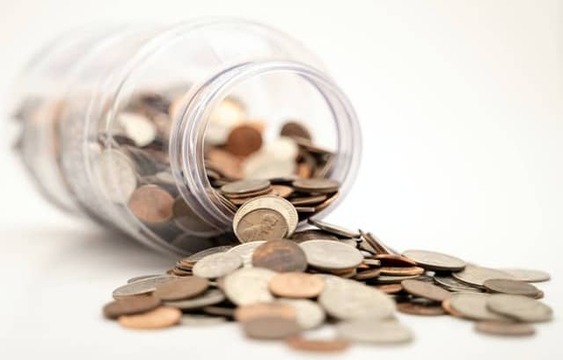More than a few Americans have to live with the burden of student debt. It’s a problem that has been plaguing college graduates and dropouts for several decades now. According to the combined efforts of Experian, Federal Reserve, EducationData.org, 54% of all Americans have student debt at an average of over $37K per debtor. Those are extraordinarily high numbers, numbers in which you might have a stake. So paying off your student loans fast might be of great importance to you!
If you think about it, dealing with student loan debt might be the single most stressful thing going on in your life. If you’re like so many other Americans with student debt, you must sometimes get the sense you’re never going to be able to get out from under the burden. Rest assured, you will someday be able to free yourself of your student debt.
One thing you might want to consider is adopting a strategy to pay back your student loan debt early. Of course, not everyone has enough financial resources and stability for such an endeavor but for those who do, it truly is something worthy of consideration.
In the sections below, the conversation is going to focus on strategies you might adopt to pay back your student debt quickly. The discussion will also focus on the pros and cons of doing so.

Strategies and Tips on How to Pay Off Debt Quickly
Unlike penalties associated with mortgage debt, there’s no penalty associated with paying off student loans early. Lenders welcome the idea of clearing debt before it becomes a collection issue. For you, there could be potential benefits from relieving yourself of this burden sooner rather than later.
Here’s a look at four early payoff strategies that seem to be helping Americans put their school financing behind them. Make sure you also check your financial institution and understand your loan repayment options and terms.
1. Pay Extra Principal Payments Each Month
This is the most direct way to pay off any loan quickly. By adding $50 or $100 extra a month to your monthly payment, you can inclemently lower your principal balance. That will also result in lower interest costs. By the time you near the end of your loan term, you’ll be surprised to find out you’ll be out of debt months early.
Caution: This strategy will only work if you make sure your lender applies the extra amount to the principal balance. If not forewarned, the lender might try to apply the extra payment amount to next month’s payment. That will not give you the results you want.
2. Refinance Student Debt for a Lower Interest Rate
As long as your credit score is in the good to excellent range, you should be able to refinance your student debt. Of course, your objective is not to extend your time limits. Instead, you’re looking to secure a lower interest rate.
If you were to continue making the same monthly payment amount but on a new loan with a lower interest rate, more of the payment would go to the principal. If that would be your strategy, you can actually request loan terms that include a due date that comes sooner than the due date on your current student loan or loans.
When paying off student loans with this approach, you might want to use an online debt payment calculator to determine your target interest rate and monthly payment amount.
3. Pay Off Capitalized Interest
Unless your student debt is made up of subsidized loans through a federal student loan program, you are accruing interest on the loan with every draw that you make. You won’t have to start making payments until graduation, but the interest clock is running and getting added to the principal.
If you have the financial resources to do so, you should try to make interest payments while still in school. This is an effective way of keeping your principal balance down. It also might result in you having more early payoff options after graduation. This strategy would only be valid with unsubsidized loans.
4. Make Biweekly Payments
If you lack the discipline to pay extra principal with each monthly payment, making biweekly payments is a good way to trick yourself into paying extra each year.
To facilitate this strategy, take your monthly payment amount, divide it by two, and pay that amount every two weeks when you get paid at work. Each year, you will have effectively made one extra monthly payment, which should result in you paying your debt off about 10 months early on a 10-year loan.
Benefits You Can Derive If You Pay Off Student Loans Early
Any financial decision you make in life should be made because it offers you certain benefits. If you were to choose to pay off student loans early, there are indeed benefits you would derive, including:
- Less total cash out of pocket due to lower interest costs
- A significant boost to your credit score for good credit behavior
- Less stress in your life due to less overall debt
- The freeing up of financial resources you can then use to buy a home or pay off other debt early
Of course, choosing not to pay off student debt early or even trying to delay paying off said debt could cause you issues.
First, it would result in you having to pay more interest than would be necessary if you paid your student debt off early or even on time. Second, it would lengthen the amount of time that you have to sacrifice your financial freedom. Finally, any payment delays would put your credit score at risk. At some point in your life, you’ll need an excellent credit score to enable you to address important goals you might have.
It’s up to you to decide what you want to do about your student. If you want student debt relief early, the above strategies are some ways you can achieve that goal.
Suggested Reading:
How to Avoid Student Loan Debt


